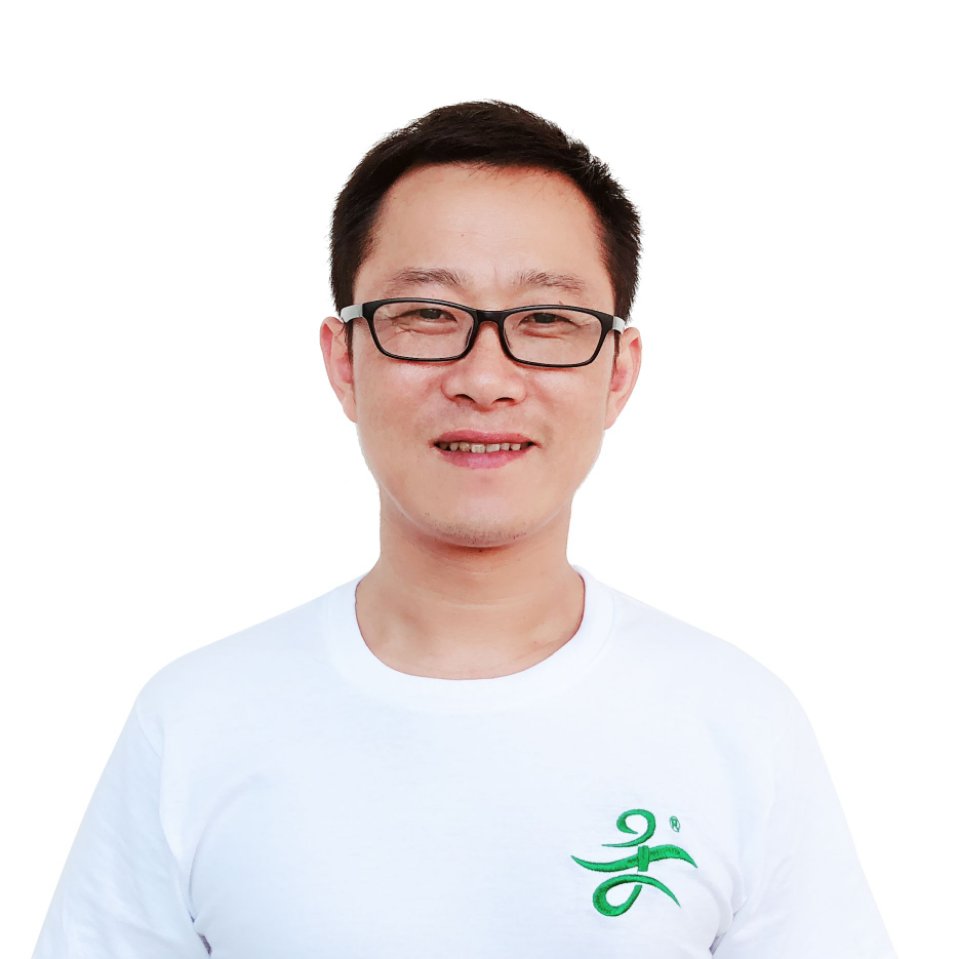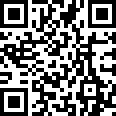Cannabis derivative phase 3 clinically successful, can effectively treat children with epilepsy
September 28, 2016 Source: WuXi PharmaTech
Window._bd_share_config={ "common":{ "bdSnsKey":{ },"bdText":"","bdMini":"2","bdMiniList":false,"bdPic":"","bdStyle":" 0","bdSize":"16"},"share":{ }};with(document)0[(getElementsByTagName('head')[0]||body).appendChild(createElement('script')) .src='http://bdimg.share.baidu.com/static/api/js/share.js?v=89860593.js?cdnversion='+~(-new Date()/36e5)];
Today, biopharmaceutical company GW Pharmaceuticals announced that the new drug Epidiolex can effectively treat seizures caused by Lennox-Gastaut syndrome (LGS) in children. In Phase 3 clinical trials, Epidiolex reached the primary clinical endpoint.
LGS is a rare childhood disease that usually peaks between the ages of 3 and 5. LGS patients often have multiple types of seizures: including tonic seizures, atypical absence seizures, tonic seizures, and myoclonic seizures. Various forms of seizures can cause epileptic fall to the ground (salvation). Tripping can lead to repeated trauma, such as severe damage to the nose and teeth. Drug resistance is also one of the main challenges faced by LGS patients. Most children with LGS experience some degree of mental impairment, as well as stunting and behavioral disorders.
Founded in 1998, GW Pharmaceuticals is dedicated to discovering, developing and marketing innovative therapies in a wide range of diseases with its proprietary cannabis product platform. GW has successfully developed the world's first plant-derived cannabis prescription drug Sativex, which is approved for the treatment of sputum caused by multiple sclerosis.
Epidiolex is currently the main drug candidate developed by GW, which has been developed to treat some rare childhood epilepsy diseases. Since 2007, GW has conducted extensive preclinical studies of cannabis treatment for epilepsy. In a variety of in vitro and in vivo models, studies have shown that cannabis can significantly anti-epileptic and anticonvulsant activity; effective reduction in animal acute epilepsy models Seizures. To date, GW has obtained multiple orphan drug qualifications for Epidiolex from the FDA, including Dravet syndrome, LGS, tuberous sclerosis, and infantile spasms. In addition, GW also received FDA's fast-track accreditation to treat Dravet syndrome with Epidiolex.
During clinical treatment, a group of LGS patients took 20 micrograms of Epidiolex per kilogram per day, compared with placebo (17%), and the treated patients had a 42% reduction in the rate of stagnation per month (p = 0.0047), 10 The rate of cataplexy in patients in the microgram dose group decreased by 37% (p = 0.0016). The average age of the participants in the trial was 16 years (30% was 18 years or older). Epidiolex showed generally good tolerance in this trial.
Mr. Justin Gover, CEO of GW, said: “We are pleased to announce that this second LGS seizure phase 3 trial was successful and there is ample strong evidence of the efficacy and safety of Epidiolex. This latest trial also shows that Epidiolex is effective. The range of doses allows for flexible doses to address the individual needs of the patient. These eye-catching results have made us more determined than ever, and will provide this important innovative drug to those with refractory childhood epilepsy. patient."
Based on these and previous good trial results, GW expects to submit a new drug application (NDA) to the US FDA in the first half of 2017.





